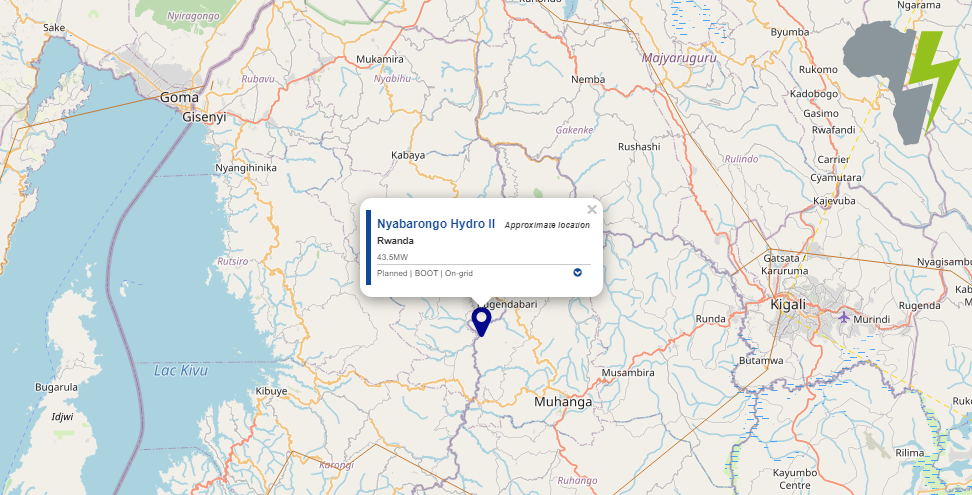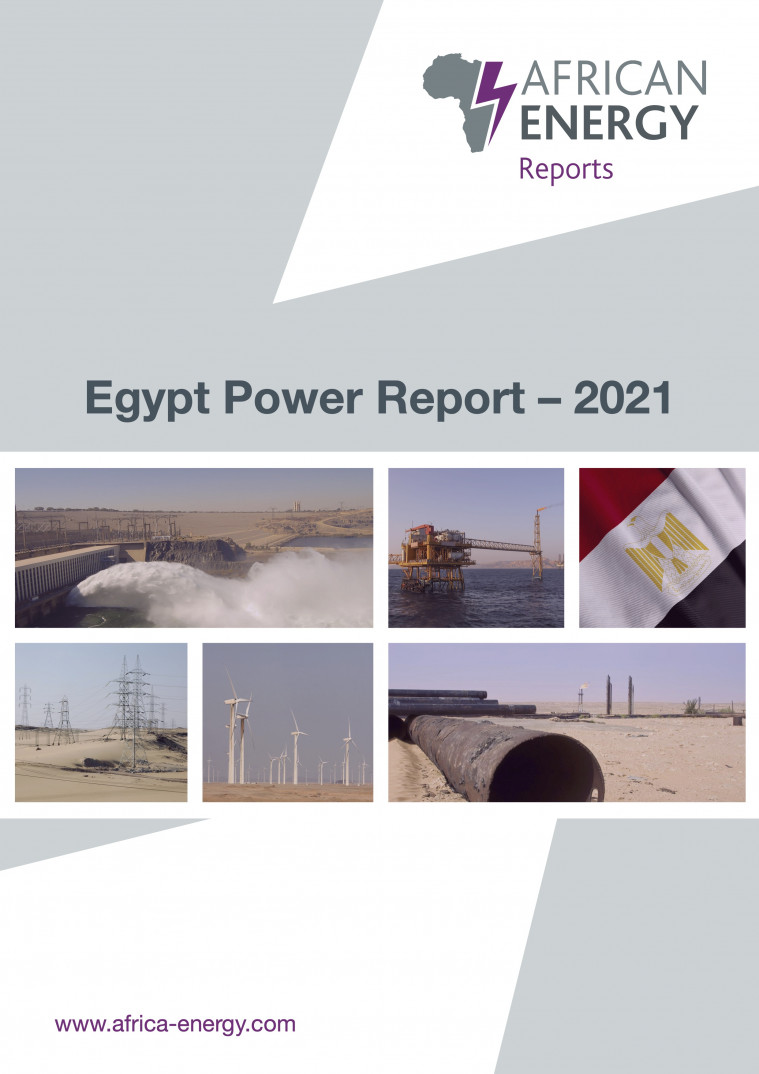
Construction will commence on the Nyabarongo II hydropower plant in Rwanda’s Rulindo District next month, Theoneste Higaniro of the Energy Development Corporation Ltd (EDCL), a subsidiary of state utility Rwanda Energy Group (REG), told African Energy. The plant, which will be built by China’s Sinohydro, will comprise three 14.5MW units that are due online between September 2025 and January 2026.
The multipurpose dam will generate power as well as providing a water supply and irrigation. It will comprise a 48-metre-high, 228-metre-long concrete gravity dam holding an 846mcm reservoir. The power plant will have a minimum guaranteed availability factor of 50% in the dry season, with an overall design availability of 63.7%. Power will be evacuated from the Rulindo substation via a 19km 110kV transmission line which Sinohydro is scheduled to complete by April 2024.
The project reached financial close in July last year but Covid-19 restrictions hampered resettlement, delaying the start of construction. The project got under way in earnest after Korean Water Resources Agency completed a feasibility study in 2013, which was followed by a memorandum of understanding signed by Rwanda’s Ministry of Infrastructure and Sinohydro in 2015 to develop the project on a build, operate, transfer model. An engineering, procurement and construction contract was signed with Sinohydro in April 2019, leading to the signing of a $214m loan agreement with the Export-Import Bank of China in February 2020.
Nyabarongo II is part of Kigali’s effort to achieve full electrification by 2024, with Rwanda’s present installed capacity of 225MW expected to increase to 514MW by then (AE 410/12).
Image: Nyabarongo II hydropower project. Source: African Energy Live Data
Egypt Power Report 2021

A strategic economic shift is opening new risks and opportunities
President Sisi has adopted a hybrid economic model based on expedience and a thirst for capital which has enlarged the role of both the military and the private sector at the expense of the traditional public sector. The report analyses the risks and opportunities which this strategic shift might bring.
Learn more here



